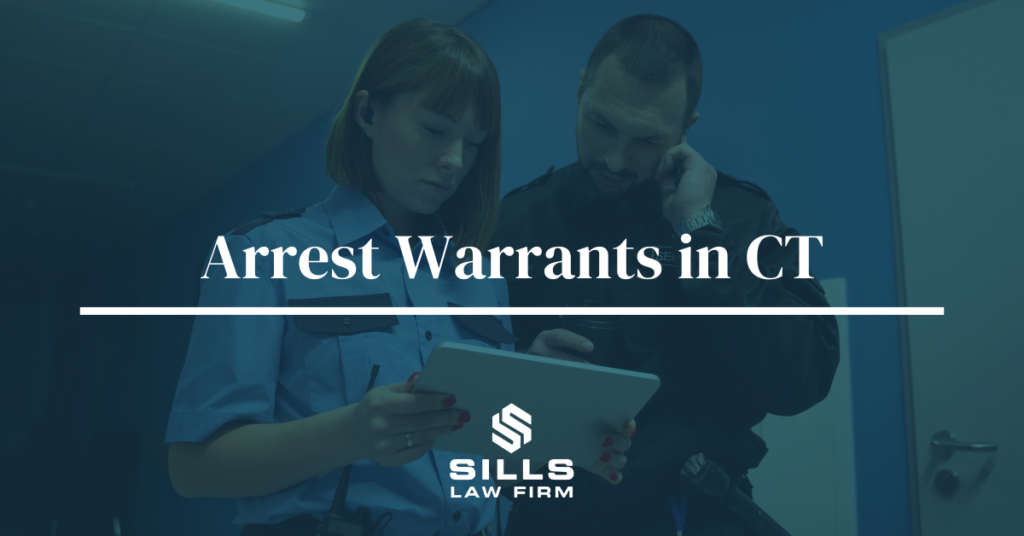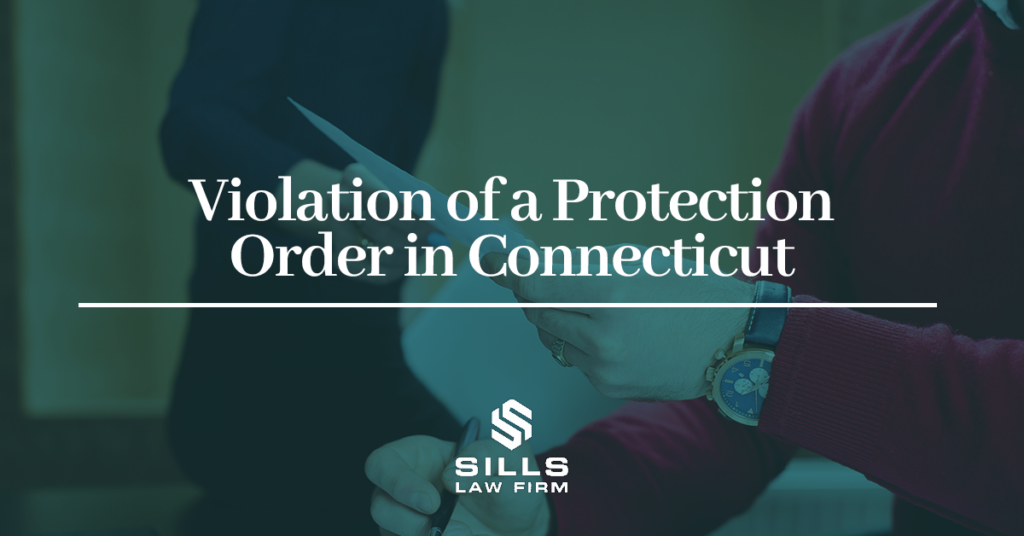Although burglary and criminal trespass both involve unlawfully entering or being present on another person’s property, from a legal standpoint, the two are defined distinctly. Depending on local laws and the severity of the crime, the consequences and outcome between the two can make a huge difference in your case and life going forward.
Burglary
In Connecticut, burglary is defined as a crime that involves entering either a building or a dwelling with intent to commit a crime. While a dwelling is self-explanatory, a building can include an aircraft, a railroad car, a vehicle or a watercraft. If you are convicted of burglary, you face a mandatory minimum sentence of 1 or 5 years in prison and up to $20,000 in fines. Even manufacturing or possessing burglar’s tools is a class B misdemeanor, which carries a punishment of up to six months in prison and a $1,000 fine.
Criminal Trespass
On the other hand, a person is guilty of criminal trespass in the first degree if:
- A person who is not licensed or privileged to do so enters or remains in a building or any other premises after an order to leave or not to enter is personally communicated to them by the owner of the premises or other authorized person
- A person enters or remains in a building or any other premises in violation of a restraining order
- A person enters or remains in a building or any other premises in violation of a foreign order of protection
- A person who is not licensed or privileged to do so enters or remains on public land after an order to leave or not to enter is personally communicated to them by an authorized official of the state or a municipality
Unlike every charge of burglary, criminal trespass is a misdemeanor:
- A class A misdemeanor is punishable by up to one year in prison, a fine of up to $2,000, or both.
- A class B misdemeanor is punishable by up to 6 months in prison, a fine of up to $1,000, or both.
- A class C misdemeanor is punishable by up to 3 months in prison, a fine of up to $500, or both.
Difference in Consequences Is Important
As you can see, the difference between the two is stark; while the minimum prison sentence for burglary is one year, the minimum for criminal trespass is only 3 months. Aside from that, there are many defenses to criminal trespass, include believing the building was abandoned, the premises at the time of entry were open to the public or the person reasonably believed that the owner would have or did license them to enter or remain on the premises.
If you have been charged with a property crime, speak to one of our Connecticut criminal defense attorneys at The Sills Law Firm to learn more. Choose us today and we can get started on building a defense to help you get your charges reduced, or possibly dismissed.
Call us at (860) 524-8118 or fill out our online form today.






